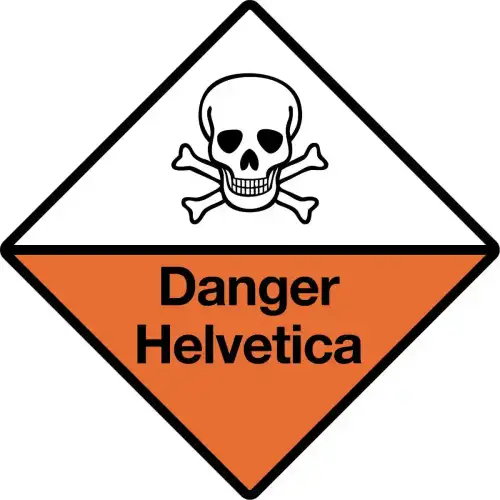
Celiac.com 05/29/2020 - Celiac disease is an autoimmune condition that affects around 1% of the population. People with celiac disease suffer an autoimmune reaction when they consume wheat, rye or barley because they cannot break down a proline-rich protein found in them called gliadin. The resulting autoimmune reaction causes destruction of the villi in the small intestine, which results in malabsorption of nutrients. Untreated celiac disease can lead to serious issues over time, including a higher risk for certain deadly cancers.
Celiac disease is also called coeliac disease, nontropical sprue, celiac sprue, gluten intolerant enteropathy, and gluten sensitive enteropathy. Sometimes people refer to celiac disease as an allergy to wheat or gluten, but that's not accurate. It's an autoimmune condition.
Celiac.com Sponsor (A12):
There are Three Types of Celiac Disease
- Classical Celiac Disease, in which patients present with malabsorption syndrome.
- Non-classical Celiac Disease, in which patients experience extra-intestinal and/or gastrointestinal symptoms other than diarrhea.
- Subclinical Celiac Disease, with no visible symptoms.
Celiac Disease is More Common in Women
Celiac disease affects both sexes, but it is more common in women than in men.
Celiac disease can begin at any age, from soon after cereal grains are introduced in infancy, to later in life, even when the individual has "safely" eaten cereal grains all along.
What Triggers Celiac Disease?
The onset of celiac disease seems to require two components. First, a genetic predisposition. Two specific genetic markers, called HLA sub-factors, are present in well over 90% of all celiacs in America.
Second, some kind of trigger is needed. The trigger may be environmental, as in overexposure to wheat, situational, perhaps due to severe emotional stress, physical, such as a pregnancy, an operation, or pathological, such as a viral infection.
Once thought to be a childhood disease that would be outgrown, recent evidence indicates that it is not uncommon for the symptoms of celiac disease to disappear during late childhood or adolescence, giving the appearance of a cure. Unfortunately, damage still occurs during these years of apparent health, and later in life these celiacs may find they have suffered considerable damage to the small intestine, and have for years deprived themselves of important nutrients.
Celiac Disease Common Among First-Degree Relatives
There is clear evidence of a family tendency toward celiac disease. At least 5-10% of the first-level relatives of people with celiac disease, meaning parents, children, and siblings, of diagnosed celiacs may develop celiac disease.
A Mayo Clinic team found celiac disease in 160 of 360 first-degree relatives of celiac patients, 62% of those relatives found to have celiac were women. All diagnosed first-degree relatives had positive anti-TTG titers.
Celiac Relatives Rarely Show Classic Symptoms
They found clinical features in 148 diagnosed first-degree relatives. Just nine of those diagnosed first-degree relatives had classic symptoms, 97 showed non-classic symptoms, and 42 showed no symptoms. Histology reports from 155 first-degree relatives showed 12 with Marsh 1, 77 with Marsh 3a, and 66 with Marsh 3b.
Quick, accurate diagnosis is needed to prevent celiac disease from going untreated and causing long-term, irreversible, and sometimes life-threatening conditions.










Recommended Comments
Create an account or sign in to comment
You need to be a member in order to leave a comment
Create an account
Sign up for a new account in our community. It's easy!
Register a new accountSign in
Already have an account? Sign in here.
Sign In Now